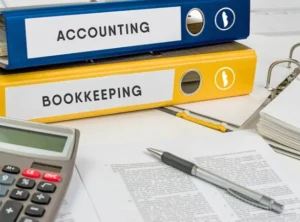Staying on top of Canada Revenue Agency (CRA) rules is challenging enough, especially when you’re already juggling everything that comes with running a business in Ontario. Between tracking receipts, organizing invoices, filing the right forms, and meeting deadlines, it’s easy to feel overwhelmed. Many business owners find themselves unsure about what records to keep, how long to keep them, or what counts as a deductible expense. That’s where bookkeeping services make a real difference. They take the guesswork out of compliance by keeping your financial records accurate, up to date, and ready for anything the CRA might require.
In this article, we’ll explore:
- Why CRA compliance matters for Ontario businesses
- What the CRA requires for record keeping
- How bookkeeping services support CRA standards
- Key areas where bookkeepers make a difference
- Common compliance mistakes and how to avoid them
- Tips for choosing a bookkeeping partner who understands the CRA
- Useful CRA resources with helpful links
- Final thoughts and next steps
Why CRA Compliance Matters for Ontario Businesses
What does CRA compliance mean for small businesses?
CRA compliance means following tax laws and regulations accurately and submitting required documents on time. This includes registering for GST/HST, payroll deductions, corporate tax filings, and keeping your bookkeeping services up to date.
Legal requirements for maintaining records in Canada
The CRA requires all businesses to keep financial records for a minimum of six years. This includes receipts, invoices, bank statements, payroll details, and contracts. These documents must clearly show your income, expenses, assets, and liabilities.
Consequences of non-compliance
Ignoring CRA requirements can lead to audits, which are not only costly but also divert your attention from running your business. Penalties and interest on late payments can quickly add up. For federally incorporated companies, missing key obligations such as filing annual returns could lead to your company becoming inactive. This status can result in frozen bank accounts, government seizure of assets, and additional fees for revival.
Source: Corporations Canada annual return policy
CRA Record-Keeping Guidelines Explained
How long do businesses need to keep records in Canada?
You must retain financial documents for at least six years after the tax year to which they relate. For example, if you file your 2024 tax return, you need to keep those records until the end of 2030.
Source: CRA record-keeping
What kinds of documents are required?
Proper bookkeeping services ensure you keep everything: sales invoices, purchase receipts, bank statements, loan agreements, asset purchase paperwork (like vehicles or equipment), and payroll records such as T4 slips and Records of Employment (ROEs).
Digital vs. physical copies: what’s accepted?
Digital records are acceptable if they are clear, legible, and properly backed up. Most modern bookkeeping services use cloud-based accounting software that allows you to scan and attach digital copies of documents to transactions. This makes audit preparation and record retrieval much easier.
The Role of Bookkeeping Services in Meeting CRA Standards
Professional bookkeeping services take the pressure off business owners by managing financial data accurately and securely. Here’s how they help:
- Organizing and storing transaction records: Every sale, expense, loan payment, or asset purchase is recorded and linked to its supporting documents. This organization prevents lost paperwork and simplifies tax time.
- Reconciling accounts: Monthly bank reconciliations ensure your records match your statements, which helps catch errors early and makes year-end reporting smoother.
- Tracking GST/HST, payroll deductions, and income tax: Bookkeepers calculate your sales tax obligations, track payroll withholdings for income tax, CPP, and EI, and prepare remittance schedules to keep you compliant.
- Reminders for filing deadlines: Bookkeeping services send alerts for upcoming deadlines, including corporate income tax returns, payroll remittances, GST/HST filings, and annual returns required for federally incorporated businesses.
By handling these tasks, bookkeeping services help ensure your business never misses a crucial filing or payment.
Key CRA Areas Where Bookkeeping Services Help
GST/HST filing and documentation
If your business earns more than $30,000 in taxable supplies in one quarter or over four consecutive quarters, you’re required to register for GST/HST. Bookkeeping services track taxable sales and expenses, prepare accurate returns, and ensure remittances happen on time.
Payroll source deductions
Bookkeepers manage employee payroll, deducting income tax, CPP, and EI contributions as required. They also prepare T4 slips and Records of Employment (ROEs), which must be filed accurately with the CRA.
T2 Corporate Income Tax filing support
Bookkeeping services prepare financial statements needed for your T2 corporate tax return. They work closely with your accountant to provide clean and organized financial data, reducing the risk of errors.
Expense classification and audit preparation
Proper categorization of expenses helps claim all eligible deductions and ensures that your records stand up during a CRA audit. Bookkeepers organize supporting documents so you can respond promptly to any CRA inquiries.
Common CRA Compliance Mistakes and How Bookkeepers Prevent Them
Mixing personal and business expenses
Bookkeeping services help separate personal and business transactions, tagging expenses correctly and flagging suspicious items before they become a problem.
Incorrect or incomplete invoices
Invoices must include specific information, such as GST/HST registration numbers and valid dates. Bookkeepers check these details to prevent rejected returns.
Forgetting to register for GST/HST
Once your revenue passes the $30,000 threshold, bookkeepers notify you to register and start charging GST/HST, avoiding penalties for late registration.
Not keeping supporting documents
Bookkeepers attach scanned copies of receipts, contracts, and loan agreements to digital records. This organized approach ensures you have everything ready if the CRA audits your business.
Choosing Bookkeeping Services That Understand CRA Rules
When selecting bookkeeping services, look for:
- Experience with Ontario businesses and CRA compliance: Bookkeepers should be familiar with provincial rules, federal tax laws, and industry-specific requirements.
- Familiarity with cloud accounting tools: Platforms like QuickBooks Online and Xero are commonly used. These tools help link financial data with supporting documents, making bookkeeping services more efficient.
- Ability to collaborate with your accountant or tax advisor: Bookkeepers who coordinate with your tax professional ensure your financial data is accurate and ready for filing.
CRA Resources and Support for Business Owners
For further guidance, check these official CRA links:
Final Thoughts: Stay Ahead of CRA Compliance with Bookkeeping Services
CRA compliance doesn’t have to be a constant source of stress. With professional bookkeeping services, your records stay accurate, deadlines are met, and documents are organized for audits. Whether it’s managing GST/HST remittances, payroll filings, or annual returns, these services help you avoid costly mistakes.
If you run an Ontario business, partnering with bookkeeping services familiar with CRA rules allows you to focus on what matters most: growing your business. Accurate, compliant bookkeeping is the foundation of financial health.
👉 Contact AccTax today to learn how our bookkeeping services can keep your business CRA-compliant and ready for what’s ahead.
Visit our Resources page for more insights.




